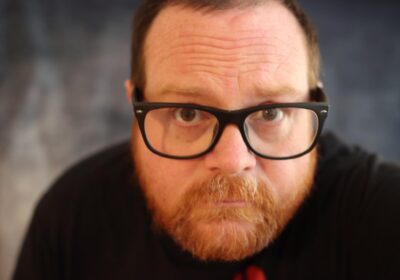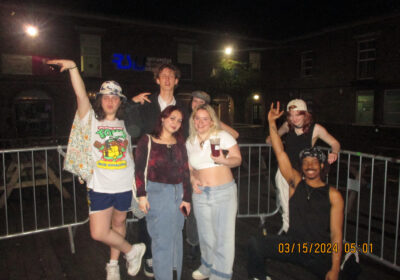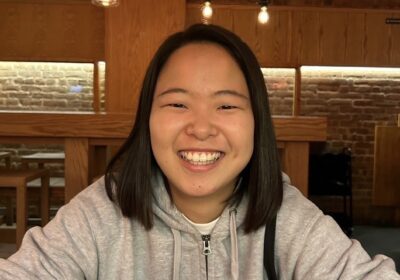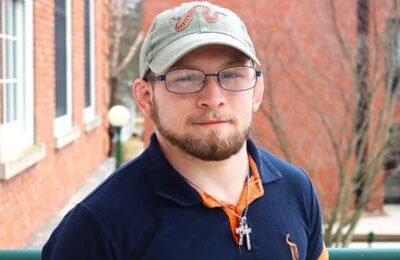Sick of hearing ‘I don’t care’
I am a white woman, attending a largely white university, in the second whitest state in the United States.
I have the luxury and the privilege of questioning and talking about race – and then I get to move on and go throughout my day.
Racism is not my experience nor my life, because I am not a person of color. I am lucky enough to be able to question the institutional racism that is allowed in our country without having to fear repercussions upon speaking out.
I am white and therefore I don’t have to fear for my life during an encounter with police. I don’t have to endure discrimination because of my skin color or a higher rate of incarceration.
At this moment, 2.2 million people are incarcerated in the United States, and black men have the highest likelihood of going to prison, according to The Sentencing Project.
The lifetime likelihood of imprisonment for black men is one in three, compared to the lifetime likelihood of one in 17 for white men.
Ava DuVernay directed a documentary called “13th.” The film was shown at Castleton University on Nov. 2. It presents the disturbing evidence that the enslavement of black people in America did not stop with the 13th Amendment. Instead, slavery has just taken on different forms throughout American history.
The mass incarceration of black men is the present-day form of slavery. White people have criminalized and de-humanized our brothers and sisters of color.
There is no place for this insidious discrimination anywhere.
I was one of the two moderators for the discussion following the showing of “13th.” As a student activist and a feminist, I hoped that the discussion would inspire (or infuriate) my fellow students to make the world a better place for ALL.
Far too often I have heard on this campus, “I don’t care” or “That doesn’t affect me, so why should I do anything about it?”
That type of thinking is harmful and ignorant. As students, friends and humans, we need to take it upon ourselves to make positive social changes in this world, or just on our campus.
One of the most powerful parts in the film is a montage of the recent murders of black men at the hands of police officers. There was not a dry eye in the room as we all watched the killing of Philando Castile, Michael Brown, Eric Garner, Trayvon Martin and many more who were murdered as a result of being black in our society.
As students, we are the next generation of politicians, police officers and educators who have the power to make a real difference in our country. However, we can all do more right now to end this vicious cycle of enslavement, incarceration, murder and discrimination.
If you weren’t able to attend the showing of the documentary film “13th”, it is available on Netflix, and it’s powerful.
-Sarah Liell






